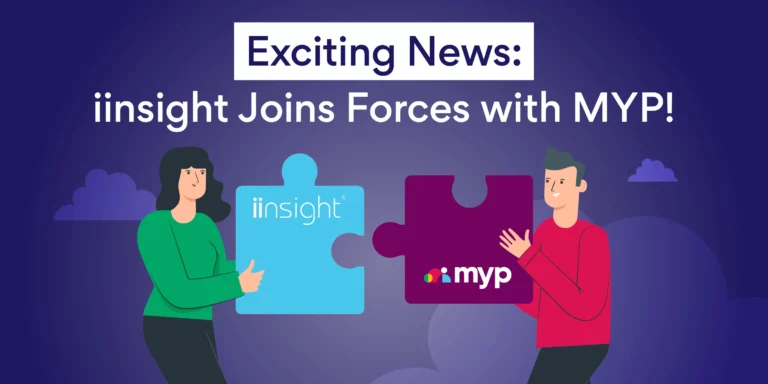Do you want to make your practice more efficient and more profitable? Then it may be time to switch to a cloud-based practice management system.
Benefits of cloud-based practice management software for your clinic:
Cloud-based practice management systems are known for one thing: the cloud computing model. If you’re not familiar with this technology, it simply means that the software is hosted online.
The online nature of cloud-based practice management software is responsible for most of its benefits. It allows users to access everything; infrastructure, applications, data, and so on from any location, and at anytime. All you need is a working internet connection and a device, and you can open your files on-demand.
This means you can quickly obtain employee and customer data in real-time, even when you’re not in the office. Compared to offline systems, you’ll be able to automatically sync, upload, and update data without compromising its security.
Also, cloud-based practice management systems improve collaboration between team members. Office employees and remote workers can easily make changes to documents without needing to be in the same room at the same time. And don’t worry; teams would not be able to edit files without proper authorisation.
Quality cloud-based practice management software is designed with security in mind. Everything is located online, which means your data is stored on secure servers with high-standard encryption and frequent backups. What’s great is that you can upgrade your storage as your business grows, minimising the need for costly hardware as you scale up.
The best thing is that cloud-based practice management systems allow you to focus on your organisation’s core function. You don’t need to worry about software updates and server maintenance. All of that is under the care of your service provider. Instead, you can prioritise your organisation’s growthwhile preventing downtime and saving up on IT costs.












